Born on the 4th of July
One of the most interesting things about tracing your Irish surname – is the way that it can change and mutate over the decades and centuries. As we look at our 7 surnames, let’s look at the changes they underwent.
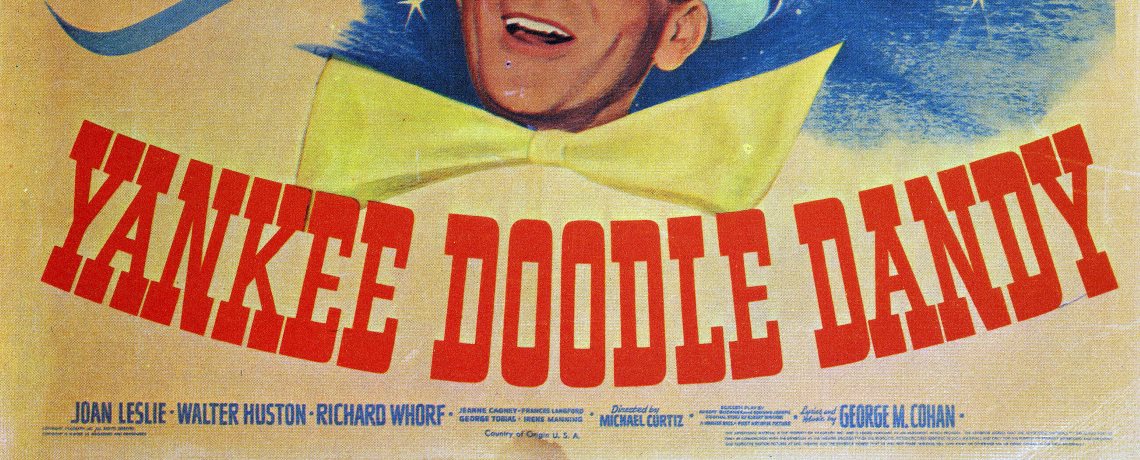
Were you, or a member of your family, born on the 4th of July? We asked our Facebook readers and 6 of you said YES! So, today, we’re going to look at Georges family name – and the Irish family names of our 6 Yankee Doodle Dandy readers.
One of the most interesting things about tracing your Irish surname – is the way that it can change and mutate over the decades and centuries. As we look at our 7 surnames, let’s look at the changes they underwent.
George M. Cohan (Keohane).
George Cohan was born in Providence, RI to Jeremiah and Helen Cohan. They were Irish Catholics from County Cork – probably from around the Clonakilty area. Somehow, their name “migrated” from Keohane (pronounced “ka-yo-haan”) to Cohan on their arrival in the US.
Keohane is an old Gaelic name that is peculiar to West Cork that comes from the Irish “Mac Eocháin. It’s also one of those names whose history is lost to us – it’s probably a derivative or version of a similar Irish name. So, come on Clonakilty – let’s see a statue put up to one of your emigrant sons – the Yankee Doodle Dandy himself!
Madilyn Leonard Benrubi (Mannix).
One of Madilyns sisters was born on the 4th of July – and Mannix was one of her Irish names. While Mannix may sound like an unlikely Irish name (who remembers “Mannix” the private eye on TV?) – it actually comes from the Irish O Mainchin, meaning a Monk.
This was a sept found, like George M. Cohans family, in West Cork and the name was also anglicised as Manahan. Anglicization was the main reason for a lot of name migration we have discussed – other people hear the name in Irish, and chose a similar sounding word or name to give it an English version.
Susan Sullivan D’Adamo (Sullivan).
Still staying in County Cork. Susan had a relative born on the 4th of July – and as you can see, she still proudly wears the surname Sullivan. We’ve covered the Sullivans a few times before, but the interesting thing to note is that many of the Sullivans who emigrated to the US from Cork and Kerry, did so around before the 1860s.
At this time, the Os and Macs were dropped from many surnames in Ireland – but many were reinstated in the late 19th century in Ireland. So, if you are a US Sullivan – this often means your family emigrated before 1860 or so. If you are a US O’Sullivan – they probably emigrated after that time.
Kay Schmid (Carroll).
Kay’s family name is Carroll – from the Irish Ó Cearbhaill. This is a very popular surname found in many places in Ireland – as it was adopted as a surname by many distinct families. The interesting thing is the way that this surname travelled quite “intact” – only losing or gaining the O. This is probably down to the way that it sounds quite like the way it spells and sounds like an English word.
Tim McDonald (MacDonald).
I’m sure Tim is asked on a regular basis if his name is Scottish! When the name MacDonald is found in Ireland it can be from an old Scottish Galloglass family (mercenaries) OR it can also be an anglicisation of the Irish Mac Domhnaill (MacDonnell) (and sometimes it can be from later Scottish planter families).
So, his answer can be that MacDonald is the Anglicisation of an Irish name – or that it is a family of the Scottish MacDonald clan that left Scotland and settled in Ireland for many centuries. His choice!
Melanie McDonald Roderick (Delaney).
Melanie’s family surname – Delaney – comes from the Irish “Ó Duibhlearga” – mostly from counties Laois and Kilkenny. This is an an example of a name that lost it’s O – and never got it back. You will never hear the surname O’Delaney nowadays.
Rebecca Allen Alexander (Conaty).
Rebecca’s family name kind of belongs to same family of surnames like Walsh, Scott, Ireland etc. – they usally mean “man from Wales, Scotland, Ireland” etc. In this case, Conaty is an abbreviation of Connaghty which comes from the Irish – “Ó Connaghtaigh” – meaning “man from the province of Connaught”.
It was a nickname – that stuck – in County Cavan. So, Rebeccas ancestors probably came from Connaught to Cavan at one time – were given the nickname Ó Connaghtaigh – and hung onto it (and stayed in Cavan).
Many thanks to our six Yankee Doodle Dandy readers this week for joining George Cohan in our journey around your family names. I hope you enjoyed the trip – if you have any questions or comments, just include them below.
That’s it for now – I’ll see you next week,
Slán, Mike.

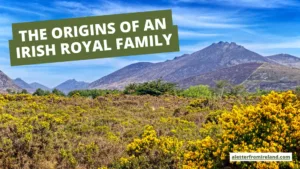
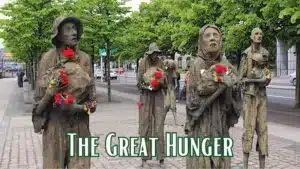
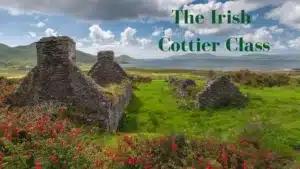
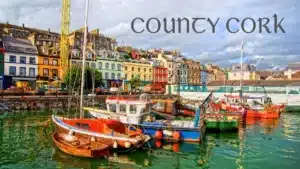
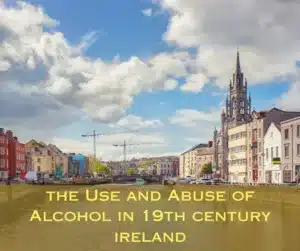
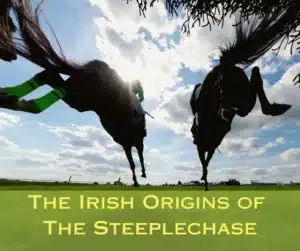
Only Plus Members can comment - Join Now
If you already have an account sign in here.